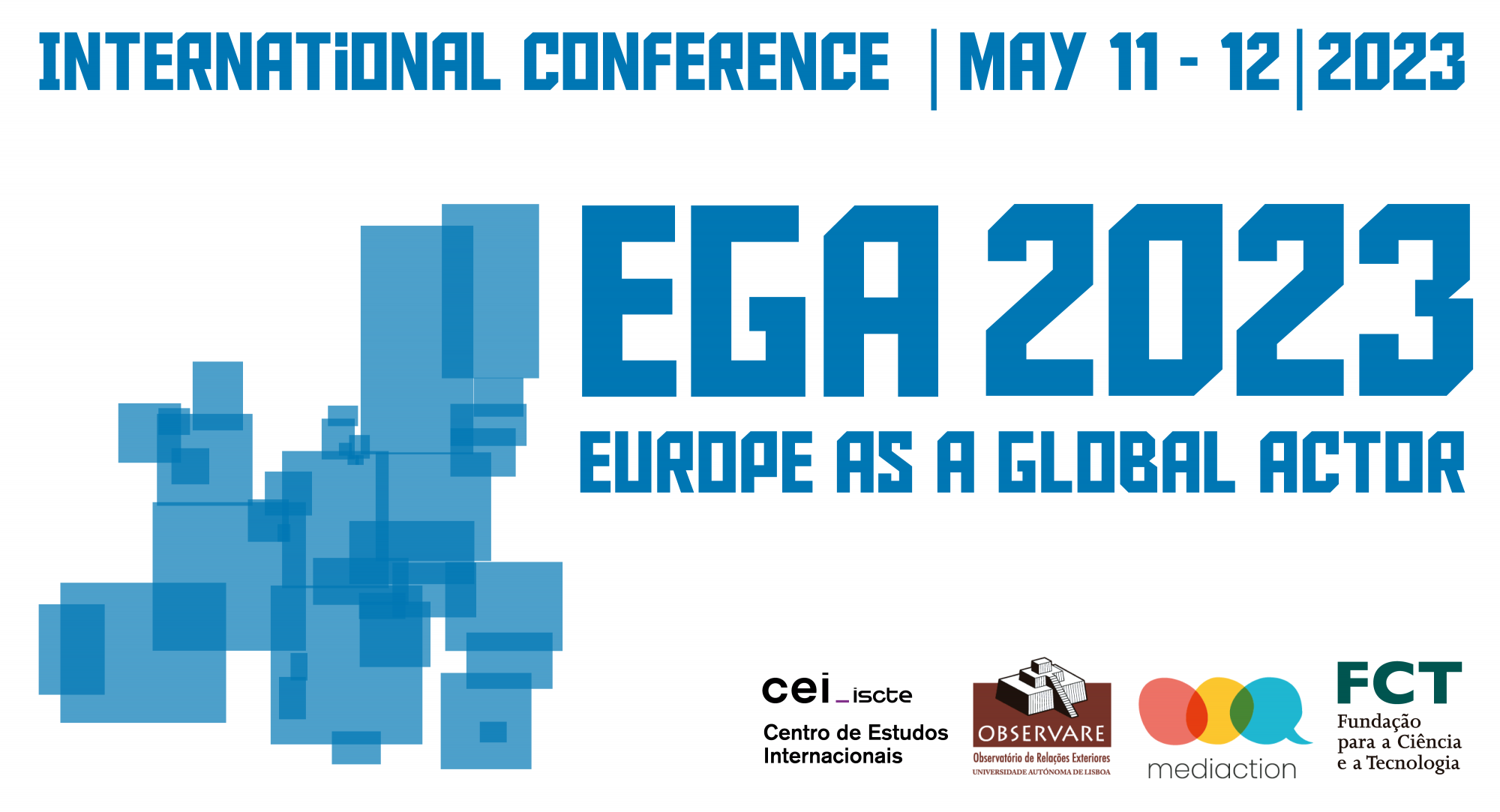The emergences new borderlines since 2004 and 2007 EU enlargement has impacted the relation between the EU and Russia, leading to new contestation between them. Recently, Russia’s annexation of Crimea has caused the deepest crisis in East-West relations since Cold War. However, the current EU-Russia political relations have its roots in the Cold War era and are formed on the legacy of the relation between the European Community and Soviet Union. The end of the Cold War led to the transformation of these two actors. Both actors are neighbours, but their foreign policies considerably diverge due to differences in perceived roles and interests. The EU and Russia are fundamentally very different from each other.
The European Community transformed itself to create a closer and integrated Union among the people of Europe while in 1991; the USSR collapsed and disintegrated into fifteen separate countries. Both gave rise to two new actors, the EU and Russia. The EU promotes the liberal democracy while Russia aims to strengthen sovereign democracy. In terms of economic system, the EU has a market-based economy with socially oriented state regulation whereas Russia has a centralised and elite controlled market economy. In the field of security, the EU attains security through interdependence while Russia’s concept of security is based on maintenance of balance of power. Moreover, Russia is a modern actor while the EU is a post-modern actor Russia focuses on sovereignty, nationalism and traditional geopolitics while the EU transcends these values and thus is post-sovereign, supra national and has a postmodern spatial mind-set. Thus, the foundation of the difference between the EU and Russia lies in their origins, ideologies and values. It is the different kinds of actors and their origins that are reflected in the current relations and engagements. Therefore, the paper seeks to analyse the differences in the actorness of the EU and Russia.
Nitika Srivastava (nitikasrivastava07@gmail.com)
Centre for European Studies, School of International Relations, Jawaharlal Nehru University (JNU)
Nitika Srivastava is a research scholar in the Centre for European Studies, School of International Relations, Jawaharlal Nehru University (JNU), New Delhi. She is writing her Ph.D. thesis on the topic “ The impact of Geopolitics on the Political Relations between the European Union and Russia since 1992”. She has done her graduation from University of Delhi in Political Science Honours, Masters in International Relation from JNU and M.Phil in Centre for European Studies, JNU on the topic “European Union Response to the Syrian Crisis since 2011”. She has worked at the position of a Research Associate in the National Maritime Foundation (NMF), New Delhi, India from September 2015- September 2016. Her area of interest includes European Union foreign policy and security, EU-Russia relations, geopolitics and maritime dimension of the EU and Russia.
